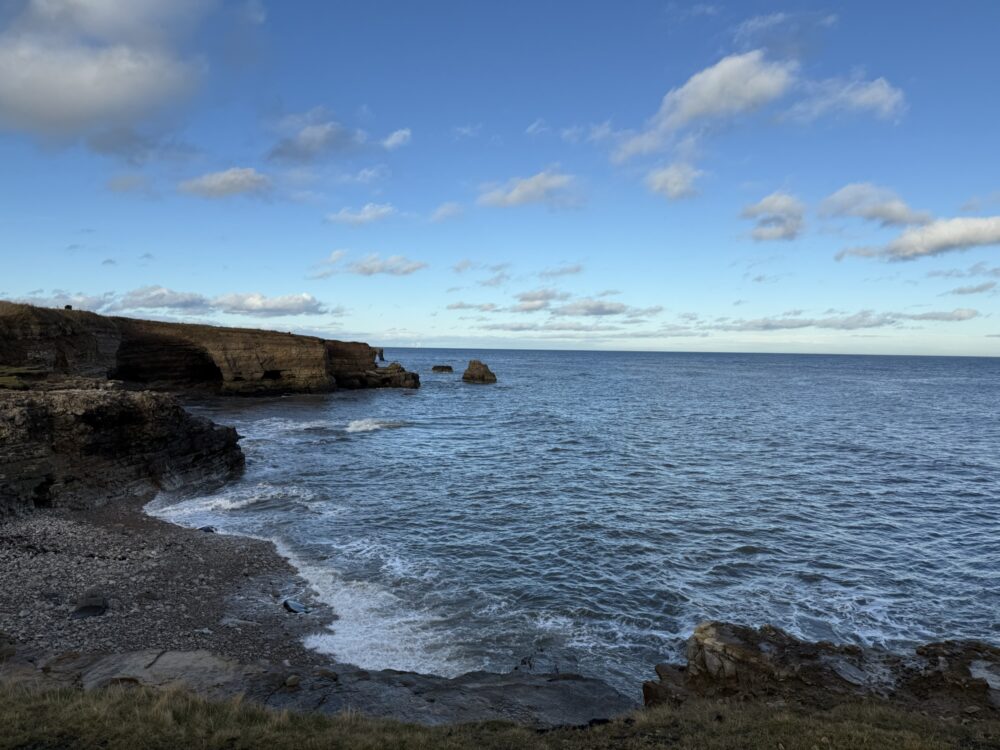Focus
There are few things more likely to make my eyes roll than the headline:
Wallace’s response to MasterChef claims was misogynistic, says No 10
The fact that a television presenter has made people feel uncomfortable by acting inappropriately is serious, and ought to be dealt with seriously by his employer and, perhaps, his employer’s commissioner. The fact that early complaints to the BBC appear not to have been adequately acted upon is worthy of investigation. The fact that people face inappropriate behaviour in workplaces across the country and feel powerless to report it is upsetting, and we can only hope that stories like this help to change that narrative.
However… it is slightly absurd that journalists asked for the Prime Minister’s take on an Instagram video made by the television presenter in response to those accusations, and it is truly absurd that the Government responded to them.
The Crime Survey for England and Wales suggests that around 3,000 people became victims of seuxal assualt on the same day that Greg Wallace recorded his unpleasant Instagram rant. Many thousands more will have put up with inappropriate behaviour that they’ve felt powerless to tackle—or, perhaps worse, that they’ve tried to tackle and yet been ignored.
The fact that the No 10 spokesperson didn’t use the opportunity of the question to pivot to talking about the wider issue is a failure of communication.
The fact that the Prime Minister’s attention is evidently distracted by an unpleasant issue outside of his control is a failure of Government.
But… the fact that BBC One has chosen, of all characters, Wallace and Grommit to feature in idents introducing news programmes where another Wallace features heavily is a divine comedic success.
This post was filed under: News and Comment, Politics.


